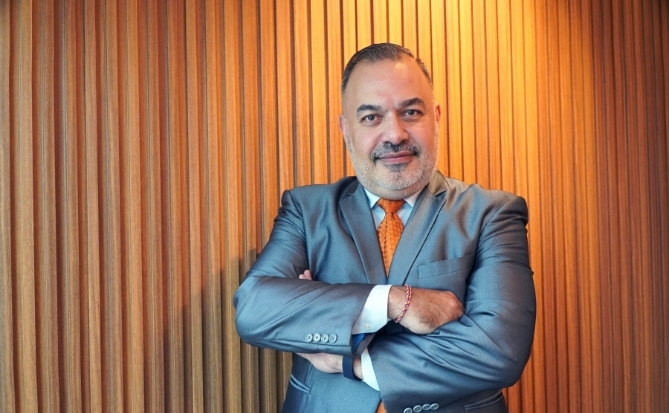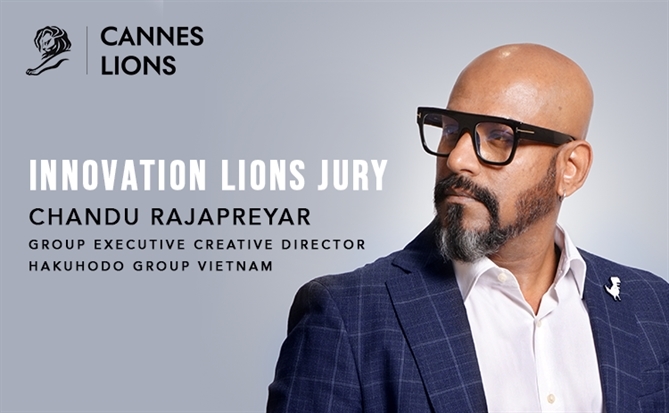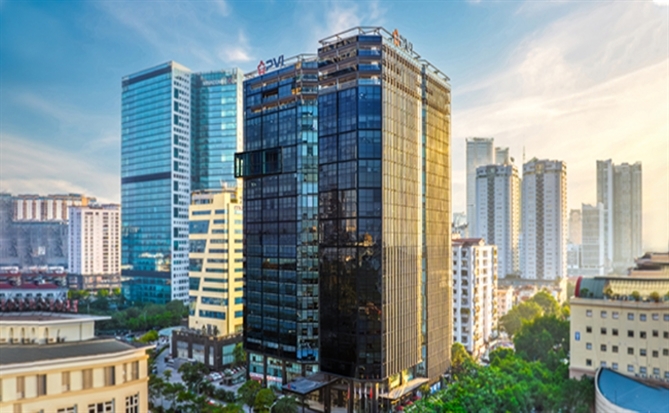The business of happiness: What Bhutan has taught the world
_2296326.jpg)
Photo courtesy of Bhutanese Former Premier Tshering Tobgay
"Economic development is important, but it is no achievement if the environment and natural resources have to be sacrificed," says Tshering Tobgay, former prime minister of Bhutan.
The highly pertinent comment, given all the forms of pollution and other problems that the focus on economic growth has delivered to the world as a whole and to Vietnam in particular, was made during a recent visit by the former premier.
The special event was organized by the Nhip Cau Dau Tu Magazine and Top 50 Leadership Club in Ho Chi Minh City.
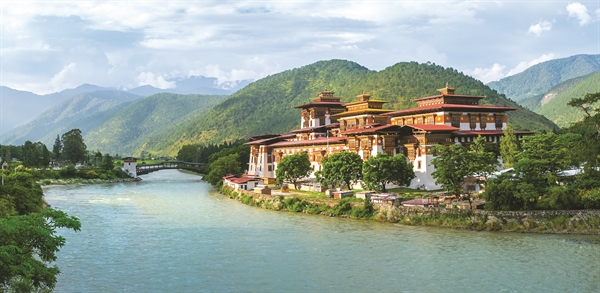 |
| Photo: shutterstock.com |
A radical idea
In 1971, Bhutan, a small country between two world’s most populated countries - China and India, stunned global economists with decision to measure Gross National Happiness (GNH) instead of Gross Domestic Product (GDP).
Bhutan proclaimed that it will not attach much importance to economic values, but focus on the quality of spiritual, cultural and physical values. Protection of natural resources and environment would be the top priority, it said.
Almost fifty years since, the country has calculated its Gross National Happiness index every 5 years, and what this radical approach has delivered for the nation makes it unique in the history of the modern world, not to mention a beacon of desperately needed practical wisdom.
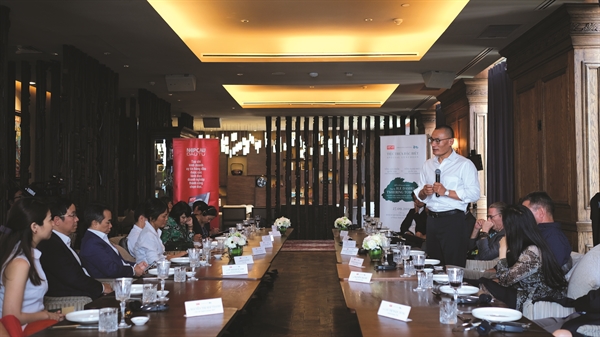 |
| Bhutan's former premier Tshering Tobgay is seen in a meeting with Vietnamese businesspeople. Photo: TL |
GDP vs. GNH
Perhaps the killer blow to GDP has already been delivered by Bhutan`s singular achievement.
Bhutan is now the only country having negative carbon emissions, with 72% of the area covered by forests. It plans to become the first country in the world to use 100% organic food by 2020.
Contrast this with how most of the rest of the world, including Vietnam, has over-exploited and polluted the natural environment, generating existential challenges like the current climate crisis, which is exacting a heavier toll each year.
Pursuing the GNH index for almost 50 years, Bhutan has deservedly gained admiration of the world community. The tiny neighbor of the two most populous countries in the world with a population of just 700,000 people is known as the happiest country in the world.
The importance of this achievement cannot be understated. Bhutan has shown that protecting and preserving the environment for future generations is directly linked to happiness, that there is a way to be happy by consuming less instead of more.
 |
| Photo: shutterstock.com |
Happy enterprises
Tshering Tobgay, 54, who served as prime minister of Bhutan between 2013 and 2018, shared his thoughts with local enterprises about the relationship between GNH and GDP.
He told Vietnamese businesspeople that GNH is a destination with challenges. While many countries have learned from Bhutan, they have not been successful because happiness does not have a common measuring method for nations.
When the societies tend to be more materialistic, targeting the GNH destination requires great courage from leaders, he stressed.
“Economy is still an important value. Before having a happy country, the country needs to have happy enterprises, where employees are truly satisfied with the working environment and business owners can contribute to the development and conservation of the environment,” Tobgay said.
 |
| Photo: gobhutantour.com |
The power of happiness
Similar to a small country, an enterprise is an organized unit depending on people for with its development. In order to have a happy enterprise, there must be happy workers first.
Tobgay noted that, commonly, people`s satisfaction depends on three factors - security, personal development and life goals.
If businesses can offer their employees these 3 elements, workers will have a long-term commitment and build common goals with the enterprises.
"When this happens, businesses will enjoy higher performances and they can develop more sustainably," he said.
His remarks resonated with the enterprise representatives present at the meeting and have been backed by several studies done around the world.
For instance, a study conducted by the McKinsey Company found that when employees feel satisfied and happy with their job, they help businesses serve customers better.
Several business leaders agreed.
“Happiness of employees is the first foundation for building a happy business model. When employees are happy, the executive will be more confident at work,” said Cao Thi Ngoc Dung, Chairman of the Phu Nhuan Jewelry Company.
Thirty years ago, when she took over PNJ, things were uneasy since the living standards of employees was bad. They could not focus on working. She was determined to improve employees’ living conditions, ensuring each of them felt assured in their jobs, she recalled.
After years of steadfastly working towards this goal, PNJ has a whole-hearted workforce, Dung said.
“PNJ employees share the same goal of making the company grow well, because they are part of its development. Thanks to this strong team, I am confident about managing PNJ towards environmental sustainability,” she added.
It is not difficult to build a happy business if one puts the benefits of customers and employees first, said Nguyen Duc Tai, Chairman of Mobile World Investment JSC.
“I believe in the power of happiness. When employees are happy, they will create greater values. It is difficult for those who are unhappy to bring joy to others,” said Tai, whose business has nearly 40,000 employees.
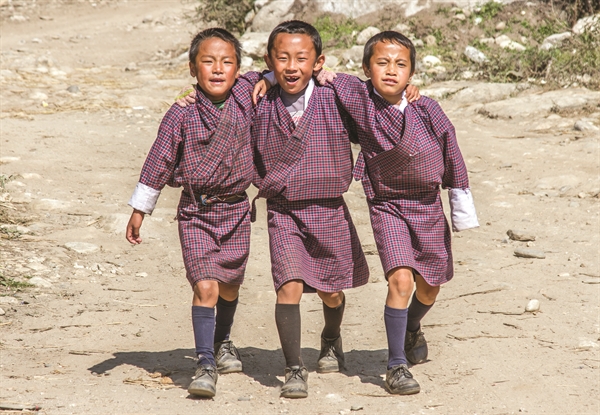 |
| Children in Bhutan. Photo: Shutterstock |
Measuring happiness
Chairwoman of the Refrigeration Electrical Engineering (REE) company, Nguyen Thi Mai Thanh, said that “material redundancy” hinders people from finding true happiness. Each person has a different level of happiness, so it is necessary to have a common standard that businesses can use to measure its value.
She said that once a common sense of preserving and sustaining the environment is developed and the dependence on materialism is reduced, the business community will be able to feel happier.
For fashioning a tool to measure happiness values, lessons can be drawn from the happiness indicators of Bhutan, said Dominic Scriven, Chairman of Dragon Capital, the largest private investment firm in Vietnam.
Calculating GNH is big, time-consuming and labor intensive exercise in Bhutan.
In its 2015 GNH survey, Bhutan used 33 indices and 149 questions. On average, a person takes about an hour and a half to complete the questionnaire. The 2010 survey was even more demanding, when the government asked 249 questions and it took citizen 4 hours to complete.
By pursuing GNH instead of GDP, Bhutan is almost the only country that has remained stabile amid economic downturns, destruction of nature, global warming and other crises.
Over the past 20 years, average life expectancy had doubled in Bhutan. Every child in the country attends school and people enjoy completely free healthcare and education.
In three consecutive decades, the Bhutanese economy has grown well, from $284 million to $2.6 billion.
As Vietnam grapples with many adverse side effects of an exclusive focus on economic growth, including severe air pollution in its biggest cities, rapid depletion of its natural resources including groundwater, soil erosion and excessive salination in coastal areas, the message delivered by the former Bhutanese premier could not be more relevant.

 TIẾNG VIỆT
TIẾNG VIỆT 